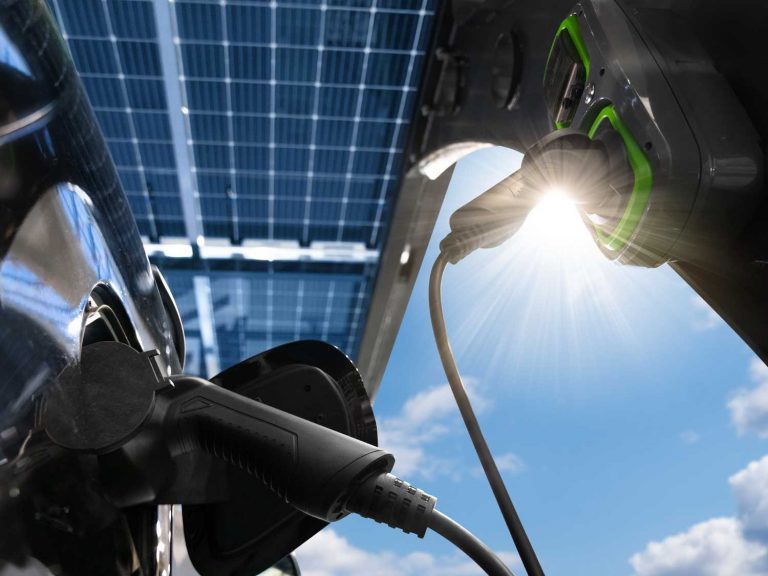
Date:
Leading the charge: Metro’s role in the UK’s electric vehicle revolution
Battery-powered electric vehicle (BEV) production in the UK expected to surpass one million units between 2030 and 2035, reaching 95% of total automotive capacity by 2035. Metro’s expertise in shipping finished vehicles and handling lithium-ion batteries will be a critical success factor for leading manufacturers.
The automotive sector is a key vertical for Metro. We collaborate with brands, original equipment manufacturers (OEMs), motorsports, and manufacturers to optimise the supply chains for components, finished vehicles, and aftermarket parts, with over 25,000 vehicles and 100 million parts delivered to date.
UK automotive manufacturers are at the forefront of the shift to fully electric production, with 95% of production anticipated to be BEVs by 2035. This surge in BEV production is supported by the introduction of new models from major manufacturers before the end of the decade, pushing total production to approximately 1.2 million units.
The European outlook for BEVs is similarly robust, with projections indicating that two-thirds of production capacity will be dedicated to BEVs by 2035. In the UK, this figure is expected to reach 95%, with a small percentage of non-zero-emission vehicles produced exclusively for export.
To support this rapid growth in BEV production, ongoing scientific innovations are enhancing capabilities and securing the future of UK electric vehicle manufacturing. New turbo technologies designed to decarbonise heavy-duty vehicles could save 200 million tonnes of CO2 over the next decade. Additionally, advancements in recycling technology now enable the recovery of over 95% of critical metals from end-of-life batteries, producing battery-ready active material.
Leading the charge
Metro’s logistics innovations are setting new standards in the safe handling and transportation of lithium batteries, alongside global container shipping solutions for finished vehicles. With priority access to capacity and equipment, our containerised shipping services offer rapid, reliable, and cost-effective transport options.
Handling lithium batteries comes with inherent risks, making Metro’s dangerous goods expertise indispensable for automotive manufacturers. Even minor errors can have serious safety and regulatory implications. Metro specialises in the secure handling, storage, and transport of lithium batteries by road, air, and sea, ensuring the safety of products, people, and the environment at every step.
Our specialised distribution centres, including the state-of-the-art on-dock facility at Felixstowe, are equipped with advanced safety features dedicated to the secure storage and transit of lithium batteries.
As traditional car and truck RoRo (PCTC/PCC) services face increasing capacity constraints and service disruptions, leading to significant delays, automotive clients are increasingly opting for container shipping as a more reliable and efficient alternative.
Innovations like specially designed racking systems have streamlined the process of securing cars in containers, reducing both time and costs. This has made container shipping a viable option for the mass movement of finished vehicles, including high-value marques.
While the largest Pure Car Carriers (PCC) can transport 6,000 cars across 13 decks, the largest container ships can carry up to 25,000 vehicles. This not only maximises economies of scale but also reduces CO2 emissions by up to 70%, making it a more sustainable option for automotive logistics.
If you would like information about any of the issues covered, or have any questions or concerns about your Automotive supply chain, please EMAIL our Automotive team who are standing by to assist.
